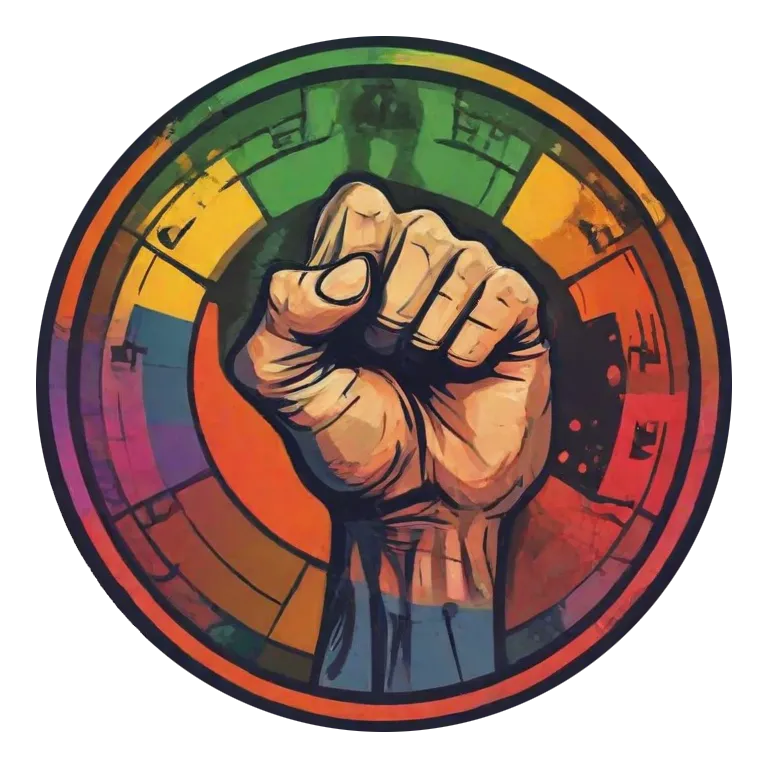

Expositionstherapie hilft auf jeden Fall. Aber sie ist eben nicht “einfach” oder “einfach mal so gemacht”, wie das oft impliziert wird (wie auch hier durch den anderen Kommentator). Wenn du das in nem geregelten Setting mit einem guten Therapeuten und ausreichend Zeit machst, könntest du die Phobie bewältigen, versprochen.
Die Frage ist eher, ob du das willst. Therapie ist mit einem hohen zeitlichen und emotionalen Aufwand verbunden, und Spinnenphobien sind oft nicht furchtbar einschränkend. Da muss man Kosten und Nutzen einfach individuell gegenüber aufwiegen.











Aber früher schon? Das wär ja schon voll der große Fortschritt. Bestimmt kannst du das gleiche auch für die Kleinen schaffen.
Finde ich gar nicht mal so überraschend. Die kleinen bewegen sich ja ziemlich anders als die großen - und man begegnet ihnen häufiger. Wie gesagt, ich wäre da sehr zuversichtlich, auch diese Angst mittelfristig in den Griff zu bekommen; die Frage ist einfach, ob man den Aufwand dafür investieren möchte.